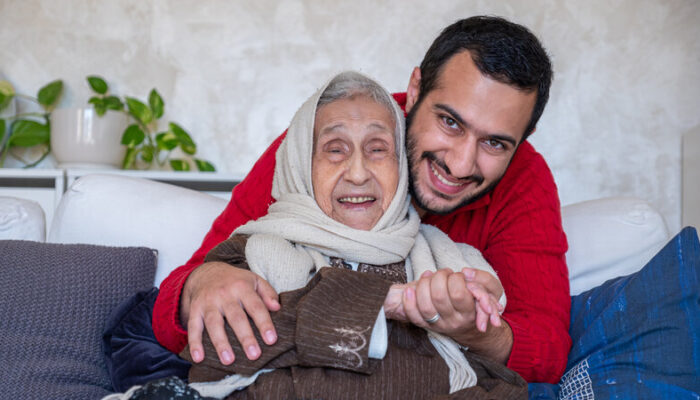ADULT DEPENDENT RELATIVE VISA
UK Adult Dependent Relative Visa: Eligibility, Requirements & How to Apply
In This Guide
13. How Our Immigration Barristers Can Help
Navigating the UK Adult Dependent Relative visa route can be legally complex, evidentially demanding, and emotionally challenging. At Richmond Chambers, our specialist immigration barristers provide expert advice and professional representation to help families reunite in the UK through this exceptionally restricted immigration route.
Advice on Adult Dependent Relative Visa Applications
If you are preparing to submit an application for an Adult Dependent Relative visa, we can:
- Assess your eligibility and provide a realistic appraisal of your prospects of success;
- Advise on meeting the long-term care and lack of adequate care requirements under the Immigration Rules;
- Assist with the preparation of detailed and persuasive supporting evidence, including medical reports and country-specific expert assessments;
- Draft and submit a well-structured visa application, with comprehensive legal representations tailored to your circumstances;
- Advise on options where a human rights application from within the UK may be appropriate.
Our approach is strategic, meticulous, and focused on giving your application the highest chance of success in a category with one of the highest refusal rates.
Support with Medical and Country Evidence
A critical component of an Adult Dependent Relative application is the provision of robust, independent evidence. We assist clients by:
- Advising on the instructing of appropriate medical professionals to produce expert evidence addressing the relevant legal criteria;
- Identifying gaps in available country evidence and sourcing expert reports or documentation to demonstrate the lack or unaffordability of care in the applicant’s home country;
- Reviewing and organising supporting documents to ensure they directly address the Home Office’s expectations.
Applications Based on Human Rights Grounds
Where an Adult Dependent Relative visa cannot succeed under the standard Immigration Rules, we also advise on:
- Making discretionary applications based on Article 8 of the European Convention on Human Rights, where refusal would result in unjustifiably harsh consequences;
- Preparing strong legal arguments and evidence to support a human rights-based claim for leave to remain from within or outside the UK;
- Representing clients in complex applications where Home Office discretion may be exercised.
Appeals Against Refusals of Adult Dependent Relative Visas
If your Adult Dependent Relative visa application has been refused, our immigration barristers can:
- Assess the merits of lodging an appeal based on human rights grounds, particularly under Article 8 ECHR;
- Prepare and submit a notice of appeal to the First-tier Tribunal (Immigration and Asylum Chamber);
- Draft detailed grounds of appeal supported by legal submissions, expert reports, and witness evidence;
- Represent you at the appeal hearing and provide strategic advice throughout the appeal process.
Our barristers have a strong track record of successfully overturning refusals through well-prepared and persuasively argued appeals. We work closely with families to ensure their case is presented comprehensively and with sensitivity to the personal circumstances involved.
14. Contact Richmond Chambers Immigration Barristers
At Richmond Chambers, we pride ourselves on being approachable, responsive, and proactive in understanding and meeting our clients’ needs. We are a highly driven team, committed to delivering clear and reliable immigration advice as part of a professional and friendly service.
To speak with one of our immigration barristers about your Adult Dependent Relative Visa application or appeal, please call us on +44 (0)20 3617 9173, email us at info@richmondchambers.com or complete our online enquiry form below.
WE CAN ALSO ASSIST WITH
WHAT CAN WE HELP YOU WITH?
To discuss your Adult Dependent Relative Visa application with one of our immigration barristers, contact our personal immigration team on 0203 617 9173 or complete our enquiry form below.
LATEST ARTICLES EXPERT COMMENT AND INSIGHT
FROM OUR IMMIGRATION TEAM
How to Appeal an Adult Dependent Relative Visa Refusal
By Emilia Cieslak – Legal Associate







